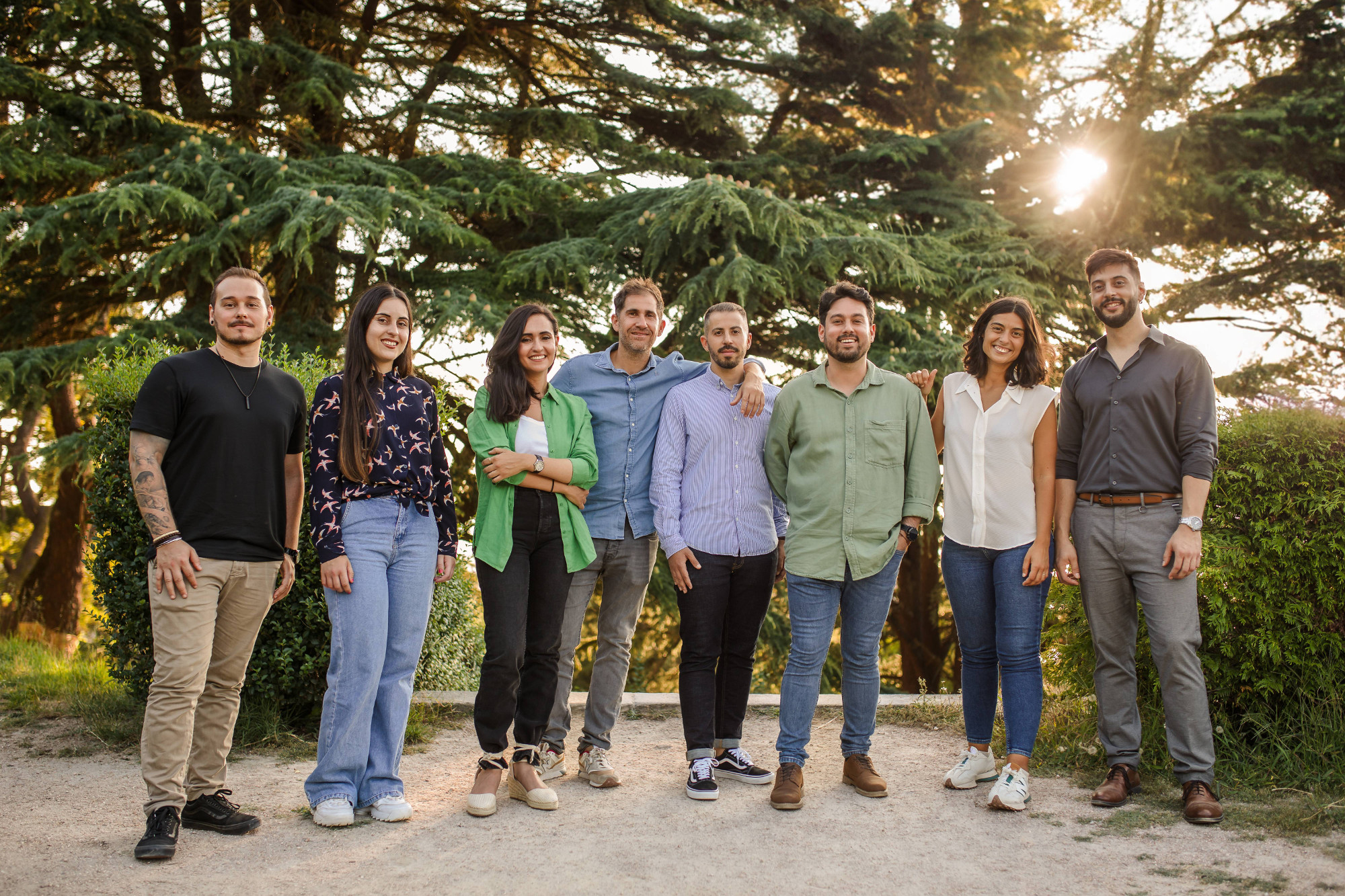
Latest information

Humara, transforming the recycling and waste treatment industry
Based in O Carballiño, the company Humara, founded by Martín Nogueira, Laura Rodríguez and Víctor González, has emerged as a benchmark in the recycling and waste treatment industry, thanks to its innovative approach to treatment plant design and its mission to digitise this vital area. With more than a decade of experience in waste management and recycling, Humara has led the construction of state-of-the-art facilities in Europe and has brought to life a transformative vision for the sector.
"Humara was born out of an urgent need for innovation in the design of recycling and waste treatment plants," says the company. With a strong track record, Humara realised the need to improve and optimise design processes to adapt to growing demand and facilitate the transition to a large-scale circular economy.
Humara's mission is clear: to digitise the recycling and waste treatment industry worldwide. They develop software tools that revolutionise the design and operation of treatment plants, generating significant savings in time and resources. This translates into more efficient facilities, an imperative need in today's context.
According to Humara, its vision is to become the standard in the construction and operation of waste treatment plants, maximising resource recovery anywhere in the world. This is achieved by reducing engineering costs and streamlining design processes, enabling the implementation of these critical infrastructures in both developed and developing countries.
Its flagship product, Humara Design, is an innovative SaaS (cloud-based software model) platform designed to simplify and accelerate engineering calculations in waste treatment plants. "Drastic time savings, flexibility and optimisation are its key advantages," the company says. They reduce design time from weeks to minutes, freeing engineers and planners to concentrate on aspects that really add value to the project. They also offer the ability to run and compare an unlimited number of simulations quickly and efficiently.
Humara Design targets a broad spectrum of companies, from builders and operators to recyclers, engineering firms and public administrations. The company has proven its effectiveness with six successful pilot projects in 2022 and 2023, facilitating the design of more than 52 waste treatment plants in Europe.
Innovation is a fundamental pillar of Humara's business model. "We have created a revolutionary product in a sector that is traditionally not very digitised," they say. Their commitment to innovation is reflected in an ambitious short-term roadmap, which "includes significant innovations such as economic studies for project planning and profitability assessment, access to global databases with critical parameters such as raw material prices and waste characterisation by geographical area, and automatic BIM modelling for 3D visualisation and editing of plants. These enhancements reflect our ongoing commitment to innovation and technological advancement in waste treatment".
Humara has been one of the beneficiary companies of the Bonos de Innovación programme, promoted by the Xunta de Galicia through the Axencia Galega de Innovación, which seeks to support companies in their first steps to innovate. In fact, a new call for applications is currently open, and the deadline for applications is 22 February 2024.
In terms of challenges and opportunities in sustainable waste management and the circular economy, Humara highlights the importance of regulatory compliance, investment in infrastructure and the adoption of emerging technologies.
Humara is currently in a growth phase, expanding into international markets and establishing business partnerships with foreign companies. For the future, it aims to address the growing global waste issue by maximising the recovery of reusable materials and leading the transition to more sustainable and efficient waste management practices. Its focus is on redefining what is possible in waste treatment and making a significant difference to the industry worldwide.